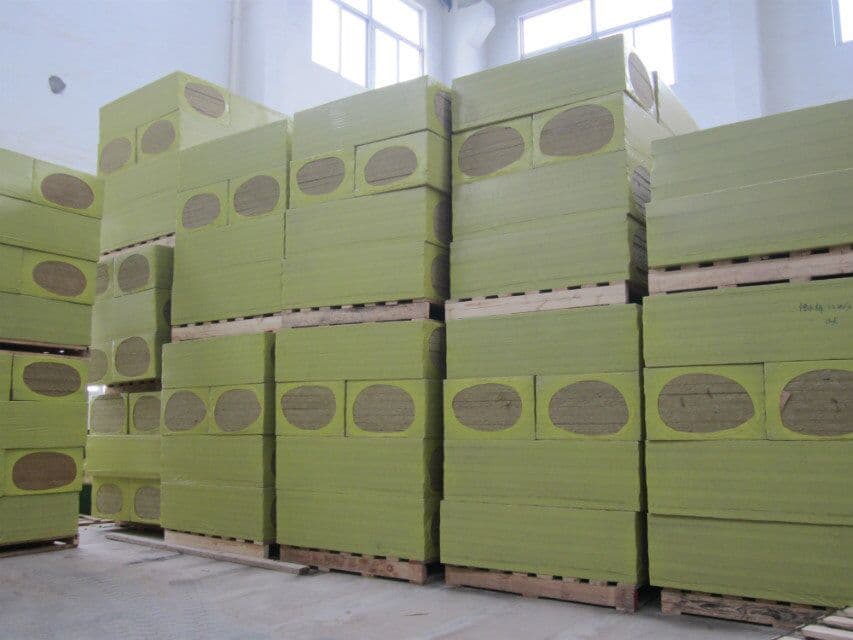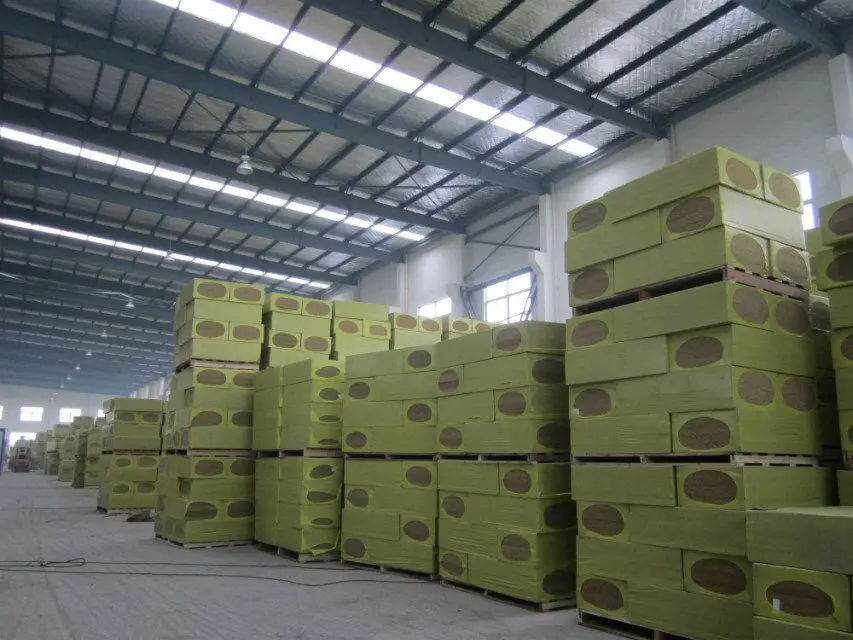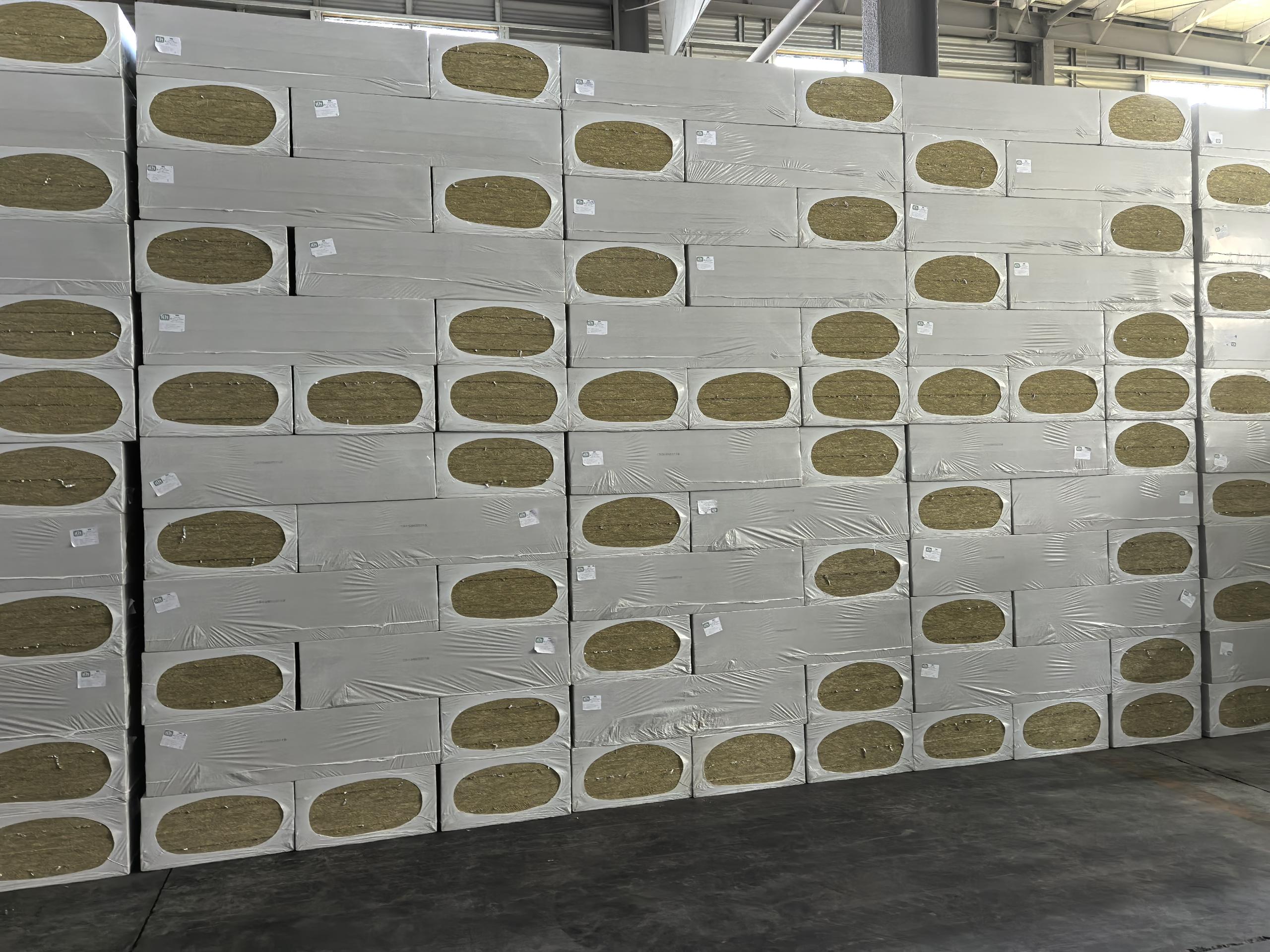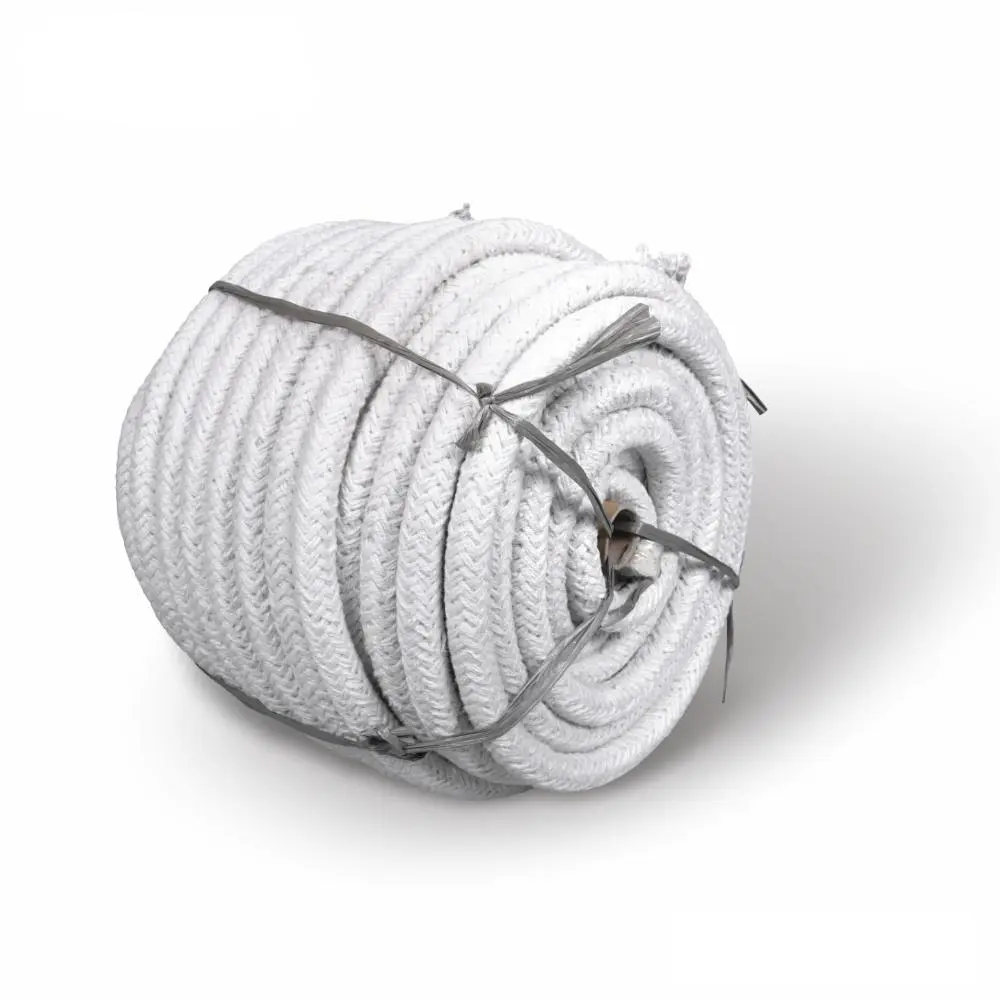When it comes to custom rock wool boards, density is far more than just a technical specification—it’s the key factor that determines insulation performance, structural durability, and cost-efficiency. Whether you’re insulating a residential roof, a commercial wall, or industrial machinery, selecting the right density ensures your project meets both performance goals and budget constraints. In this guide, we’ll break down how density impacts rock wool boards, share recommended ranges for common applications, and provide actionable tips to choose the perfect density for your needs.

Why Density Matters in Custom Rock Wool Boards
Rock wool (mineral wool) is made by melting basalt rock and spinning it into fibers, which are then compressed into boards. The density (measured in kg/m³) refers to how tightly these fibers are packed. Here’s how density directly influences key performance metrics:
- Thermal Insulation: Lower-density boards (40–80 kg/m³) have larger fiber gaps, slowing heat transfer (ideal for basic insulation). Higher-density boards (100–200 kg/m³) have tighter fibers, reducing thermal bridging for superior efficiency.
- Fire Resistance: Denser boards often have better fire stability due to reduced fiber movement under high heat, maintaining structural integrity longer (critical for fire-rated assemblies).
- Soundproofing: Medium to high densities (80–150 kg/m³) absorb more airborne and impact noise, making them ideal for acoustic applications.
- Strength & Durability: Higher density (≥120 kg/m³) boosts compressive strength, ensuring the board withstands foot traffic, equipment weight, or weather-related stress.
- Moisture Resistance: Dense boards resist water absorption better, especially when paired with hydrophobic treatments (key for humid or exterior use).
How to Choose the Right Density: Key Factors to Consider
Selecting the optimal density depends on three core factors: application purpose, load requirements, and environmental conditions. Let’s break them down:
1. Application Purpose
Different uses demand different density ranges. Here are the most common scenarios:
| Application |
Recommended Density Range (kg/m³) |
Why This Works |
| Roof Insulation |
100–180 |
Roofs bear weight (snow, maintenance) and need strong thermal/mechanical performance. High density minimizes heat loss/gain and prevents sagging. |
| Exterior Wall Insulation |
60–120 |
Balances insulation efficiency with cost. Lower density suffices for thermal performance, while medium density adds durability against wind/rain. |
| Interior Wall/Partition |
40–80 |
Focuses on thermal/acoustic comfort without excessive weight. Low density keeps costs low for non-load-bearing walls. |
| HVAC Pipe/Duct Insulation |
40–60 |
Lightweight and cost-effective for reducing heat loss in pipes. Lower density still meets insulation standards for HVAC systems. |
| Industrial Equipment/Machinery |
150–200 |
High density protects against extreme temperatures, vibrations, and mechanical stress in factories or refineries. |
| Acoustic Ceilings/Floors |
80–120 |
Medium density absorbs impact noise (e.g., footsteps) and airborne sound (e.g., voices), ideal for offices, schools, or hospitals. |
2. Load Requirements
If your project involves structural load (e.g., roofs with snow, floors with foot traffic), density is critical for compressive strength. For example:
- Light Loads (e.g., interior walls): 40–80 kg/m³ (sufficient for non-structural use).
- Medium Loads (e.g., exterior walls, partitions): 80–120 kg/m³ (withstands minor impacts and weather pressure).
- Heavy Loads (e.g., roofs, industrial floors): 120–200 kg/m³ (prevents compression deformation and maintains shape under stress).
3. Environmental Conditions
Harsh environments require adjusted density for longevity:
- Humid/Wet Climates: Opt for ≥100 kg/m³ with hydrophobic coatings to resist water absorption (low-density boards may swell or lose insulation performance).
- High-Temperature Areas (e.g., near furnaces): 150–200 kg/m³ (denser fibers retain structural integrity at elevated temps).
- Cold Climates: 100–150 kg/m³ (tighter fibers minimize heat loss in subzero temperatures).

How to Work with Suppliers for Custom Density
Many manufacturers, including leading Chinese rock wool suppliers, offer custom density solutions tailored to your project. Here’s how to collaborate effectively:
- Define Your Requirements Upfront: Share details like application, load, environment, and budget. For example: “We need rock wool boards for a flat roof in a snowy region—what density do you recommend?”
- Request Technical Data Sheets: Ask for lab-tested density, thermal conductivity (λ value), compressive strength, and fire rating to validate performance.
- Check Customization Capabilities: Ensure the supplier can produce boards within your target density range (e.g., 40–200 kg/m³) with consistent quality.
- Discuss Cost Implications: Higher density often means higher cost due to material and production expenses. Balance performance with budget by prioritizing critical areas (e.g., roofs) for higher density.
Common Mistakes to Avoid When Choosing Density
- Overestimating Density: Using a higher density than needed increases costs without meaningful benefits (e.g., using 180 kg/m³ for interior walls).
- Underestimating Density: Opting for too low a density risks structural failure (e.g., sagging roofs) or poor insulation (e.g., high energy bills).
- Ignoring Standards: Always align density with international norms (e.g., EN 13162 for rock wool products, ASTM C612 for thermal insulation).
Choosing the right density for custom rock wool boards is a balance of performance, cost, and project needs. By understanding how density impacts key metrics like thermal efficiency, fire resistance, and load-bearing capacity, you can select the perfect specification for your application. Whether you’re insulating a home, a factory, or a commercial space, partnering with a trusted supplier that offers custom density solutions will ensure your project delivers long-lasting, cost-effective results.




